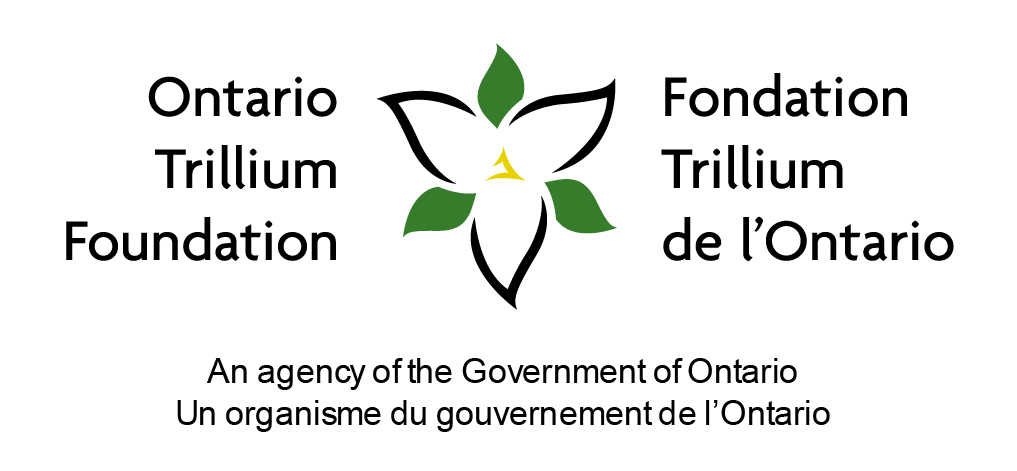Caregiver burnout is a state of physical, emotional, and mental exhaustion often accompanied by a change in attitude, from positive and caring to negative and unconcerned. Here are some signs to watch out for:
Physical Exhaustion: Caregiver burnout can manifest as feeling constantly tired or rundown, experiencing frequent headaches or body aches, and having trouble sleeping or sleeping too much.
Emotional Exhaustion: Caregivers may feel overwhelmed, irritable, or moody. They may experience feelings of sadness, hopelessness, or helplessness. Additionally, they might become more emotionally distant or detached from the person they are caring for.
Increased Stress and Anxiety: Caregivers may experience heightened levels of stress and anxiety, often related to the demands of caregiving responsibilities. They may worry excessively about the health and well-being of the person they are caring for, as well as financial and logistical concerns.
Loss of Interest or Enjoyment: Caregivers may lose interest in activities they once enjoyed or find it difficult to relax and unwind. They may also withdraw from social interactions and isolate themselves from friends and family.
Neglecting Personal Needs: Caregivers may neglect their own needs, including eating poorly, skipping meals, or forgetting to take medications. They may also neglect personal hygiene or medical appointments.
Difficulty Concentrating: Caregivers may have difficulty concentrating or making decisions. They may feel mentally foggy or forgetful, which can impact their ability to perform caregiving tasks effectively.
Increased Irritability: Caregivers may become more easily frustrated or irritated, both with the person they are caring for and with others. They may have a shorter temper and lash out in anger or frustration.
Feeling Overwhelmed: Caregivers may feel overwhelmed by the demands of caregiving and struggle to keep up with responsibilities. They may feel like they’re never able to catch up or get a break from their duties.
Changes in Health: Caregivers may experience changes in their own physical health, such as weight gain or loss, increased susceptibility to illness, or exacerbation of existing health conditions.
Social Withdrawal: Caregivers may withdraw from social activities and relationships, feeling too exhausted or overwhelmed to engage with others. They may also feel guilty or ashamed about their inability to balance caregiving responsibilities with personal life.
If you notice these signs in yourself or someone you know who is a caregiver, it’s important to take action to address caregiver burnout. This may involve seeking support from other family members or friends, enlisting the help of professional caregivers or respite care services, and prioritizing self-care activities. It’s essential for caregivers to recognize their own limits and take steps to maintain their physical, emotional, and mental well-being.






